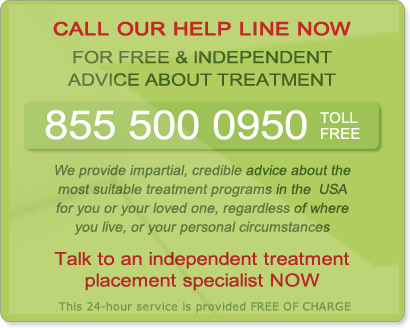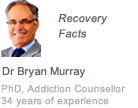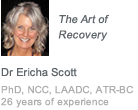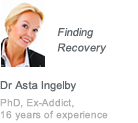Valium Addiction
Valium Addiction is a growing problem amongst our nation’s youth and young adults. When used properly, Valium is a helpful and life stabilizing drug. Valium is often successfully employed to correct anxiety and stress disorders, helping patients regain a normal productive life. However, in the wrong hands this same drug becomes dangerous and destructive. Valium, otherwise known as Diazepam, is a benzodiazepine derivative. It is commonly used to treat anxiety disorders, insomnia, seizures, muscle spasms, and muscle pain. In simple terms, Valium is a human tranquillizer. The effects of Valium are both psychological and physical, and therefore Valium dependence must be treated on both plains.
What is Valium Addiction?
Valium is a prescribed drug and thus should always be taken under the care and supervision of a physician. However, taking Valium as prescribed by a physician does not prevent the possibilities of Valium addiction. Patients sometimes fall victim to Valium addiction because their body builds up a tolerance to the drug very quickly. After a few months, many patients find themselves needing to increase dosage just to achieve the same degree of pain relief and relaxation. Unfortunately, with each increase in dosage comes a greater degree of tolerance which subsequently necessitates a further increase in dosage. Without this increased dosage, the patient is likely to continue suffering from anxiety and pain. Psychological dependence on Valium is normally preceded by physical dependence. Once this dependence begins, it often takes missing a dosage or prolonged abstinence to reveal the underlining addiction.
Although Valium can only be obtained by prescription, it is one of many prescription drugs taken by recreational drug users. Such illegal use has increased as Valium prescriptions have become more and more readily available. Recreational drug users gravitate towards Valium because of its psychological properties. However, recreational users often take Valium in conjunction with other drugs because of its ability to increase their potency. Secondly, recreational addicts take Valium because it minimizes the after effects of their primary drug of addiction – hence Valium is often prescribed to minimize the withdrawal effects suffered by recovering alcoholics.
Signs of Valium Addiction
It is recommended that Valium is not prescribed or taken any longer than one month. This is in attempt to minimize the possibilities of addiction that sometimes follow increased tolerance levels. After prolonged periods of abstinence signs of Valium addiction become more prevalent. These signs can include:
- Lack of coordination
- Decrease in memory
- Difficulty in focusing
- Blunt emotions
- Anxiety
- Confusion
These side effects are normally felt after Valium is taken for longer periods. Other side effects such as psychosis, insomnia, hyper-anxiety, depression, loss of appetite and weight are common withdrawal symptoms suffered as a result of quitting cold turkey.
Valium Addiction Treatment
Valium addiction treatment is absolutely vital in regaining control of ones life. It is recommended that professional help is sought due to the risk of seizure, coma and even death due to physical complications and withdrawal symptoms. Rehab alone does not cure Valium addiction – the psychological dependency must be addressed with the help of trained professionals, and for those addicts who have a deep sense of shame that they are in this invidious position a certain amount of work rebuilding their sense of self-worth and self-respect will be needed. The best way to deal with Valium addiction is to treat the whole person, developing a holistic approach that aims to meet the needs of the individual.
Recovering From Valium Addiction
Recovery does not end after a successful treatment programme; it is the start of a lifelong process of care by the addict, their family and friends. Adjusting to and moving forward from a drug addiction to enjoy a full, healthy and happy life is the goal and there are some things that can always help. Here are a few of the steps that underpin a continued and effective recovery:
- Understand why and how the addiction began
- Ensure that the needs of the addict, their family and friends are balanced
- Accept that the addiction is not the person
- See the individual for who they are now
- Put in place continued support from professionals, family and friends
- Help and support the addict as they deal with the recovery process as a whole
The future can be bright for an addict in recovery, for their family, their friends and work colleagues; it only needs a kick start to set the whole thing going. If you know someone who you think has a problem with Valium addiction then you can do something to help – now, today. So do it.












